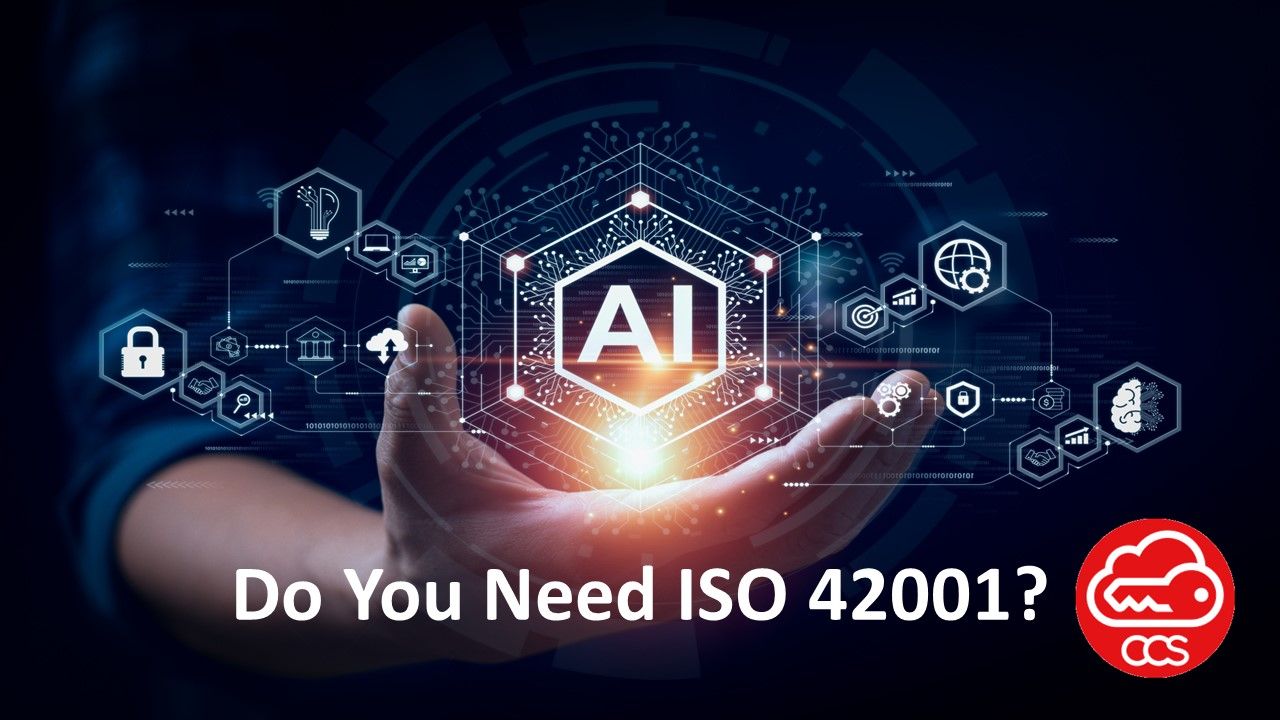ISO 42001 Artificial Intelligence Management System (AIMS)
The ISO 42001 standard is a significant milestone in the responsible management of AI systems. It provides a comprehensive framework for organizations to develop, implement, and maintain AI systems in an ethical and efficient manner. By adhering to this standard, businesses can ensure the reliability, transparency, and security of their AI systems, thereby building trust with stakeholders and customers. This, in turn, can lead to improved operational efficiency and a competitive edge in the market.




